The making of Joe Root: How Adelaide turned the England captain into a man
The Independent's chief sports writer Jonathan Liew takes a trip through Root's past, meeting the family that took him in and talking to the coach that shaped him

If you’re going north out of central Adelaide, you’ll want to take a left off the Princes Highway, away from the tyre shops and hardware stores; down a smart, wide residential avenue lined with sleepy bungalows and neat, matching gardens. You feel the soft crunch of purple jacaranda blossom underfoot. The heat is a still heat, stuffy and windless.
Ahead, the beige brick edifice of Prospect District Cricket Club gives way to a lush green oval with a modest sightscreen at either end. They play Aussie Rules football here during the winter, but it’s summer now, cricket season. Nothing about this is familiar. Your name is Joe Root. You are 19 years old, 10,000 miles away from home, and on your own.
You know nobody in the city, and nobody in the city knows you. They rate you pretty highly back at Yorkshire, and at Loughborough too, which is why the ECB have sent you to Australia to train at Darren Lehmann’s academy for the winter. But here, in the scorching suburbs of South Australia, nobody really knows how things will work out. Nobody knows that this quiet, round-faced blonde kid without a single Championship game to his name will be playing Test cricket within two years.
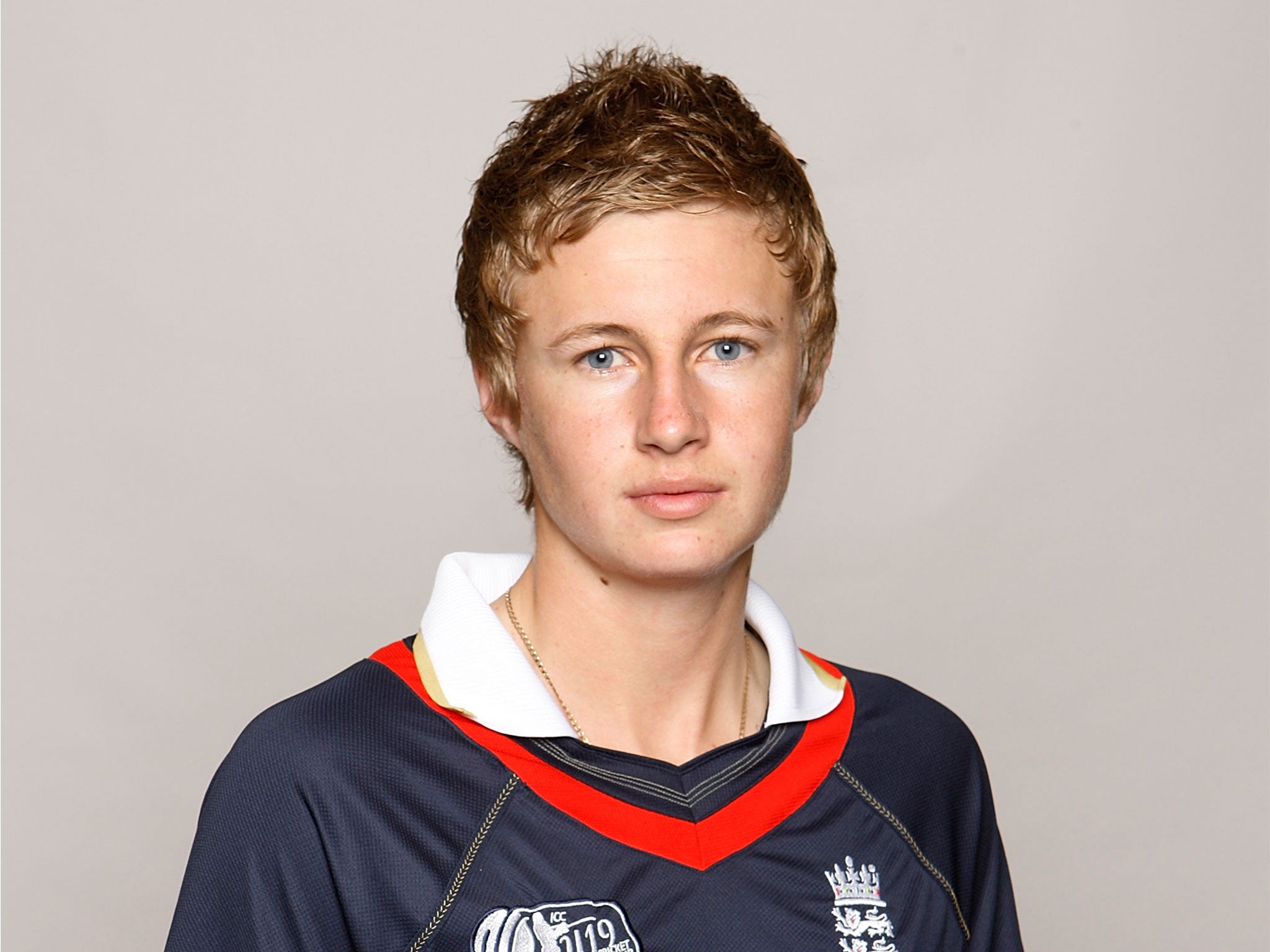
Or maybe you do? The man who met Root at Adelaide airport in late 2010 was Shaun Seigert, a coach at the academy. “I’ve done that journey so many times,” he remembers. “I still remember him standing there, just this young kid. And you don’t know whether they’re going to make it. But you get an idea very quickly. It was just that look. I asked him where he wanted to go in the game. He said: ‘I’m going to play for England.’
"Now, all these ECB guys say that. But you know, deep in their heart, that they’re just happy to play first-class cricket and survive in the system. That was never going to be enough for Joe. I never imagined that he would captain England, but that’s always stuck in my mind.”
As Root returns to Adelaide this week to lead his country in an Ashes Test, he has never forgotten the debt he owes to a city where, as he put it on Friday, he “made some really good friends and shared some good memories”. Root arrived at Prospect as an unknown, and left five months later as an unknown. But in between, something small and vital changed.
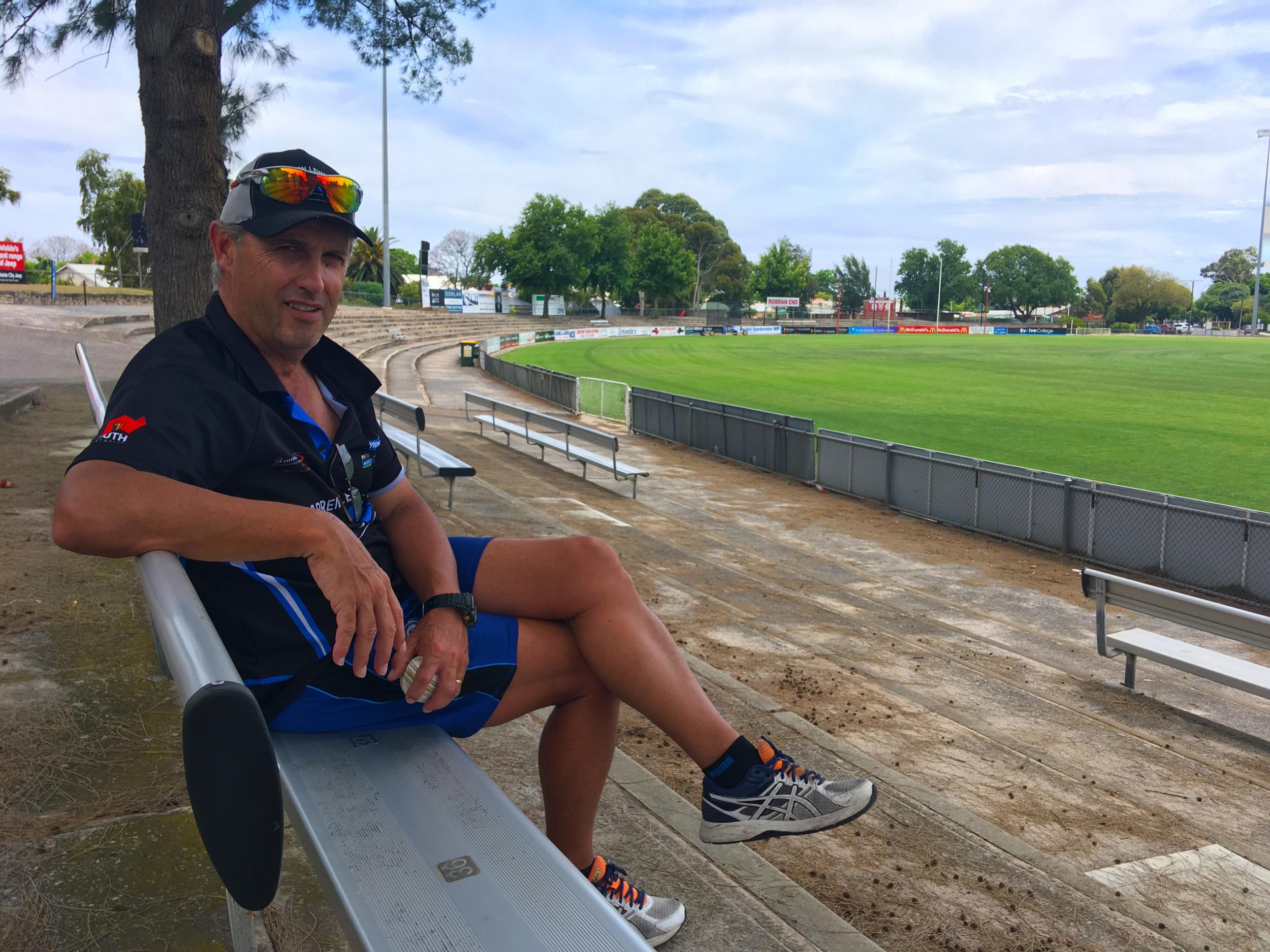
Seigert saw that process from up close. During those five months, Root toiled and sweated, grafting at the academy during the week under a hot sun, and then playing grade cricket for Prospect at the weekend. The work was unstinting, soul-destroying at times. “We’ve got three core philosophies,” Seigert explains. “Being uncomfortable, because top-level sport is uncomfortable. Finding a way. And the other thing is to be on the edge. We want to see you fail sometimes.”
Root failed often. He scored just 262 runs at an average of 29 that season, mostly playing two-day, 90-over men’s cricket. Nathan Lyon, now Australia’s leading spinner, was an occasional team-mate. “He struggled,” Seigert remembers. “He got 70 in the first game, and made one or two fifties, and that was it. I remember saying to him that he was trying too hard. Performance has to flow.”
They come from every corner of the world to train at the Lehmann academy - England, Bangladesh, the West Indies, Canada. These days, the young cricketers are housed together in apartment blocks. But in Root’s day, they stayed with local families, often associated with the club. “Sometimes the arrangements have turned out to be shit,” Seigert says. “But he was lucky. He went into a good family.”

Barely a minute’s walk from the Prospect Oval, in one of those large handsome bungalows, live the Fishers: Craig, son Jason, two nieces Chloe and Emily, and the woman who ran the house. “I was his mum for six months,” laughs Tiffany Fisher. “I’m what I call a supermum. I keep a clean, structured house. And I’m very fussy. I always say: if you live in my house, you’re one of my children.”
Tiffany was on the Prospect committee, in charge of catering, kit and a lot of the “girls’ jobs”, as she puts it. “So they asked me: ‘Tiff, we’ve got this player coming, he’s only 19, we really want to look after him, will you take him?’ So I did. I had the room.”
With his real family on the other side of the world, Root settled into life with the Fishers. And by all accounts, he was a perfect house guest. “He’s just the most beautiful person,” Tiffany says. “A well-grounded kid. He hasn’t been pampered. He’s very grateful and very humble. It would be nothing for him to put the kettle on and make cups of tea after dinner, or help dry dishes. Anything we asked of him, he would help out.”
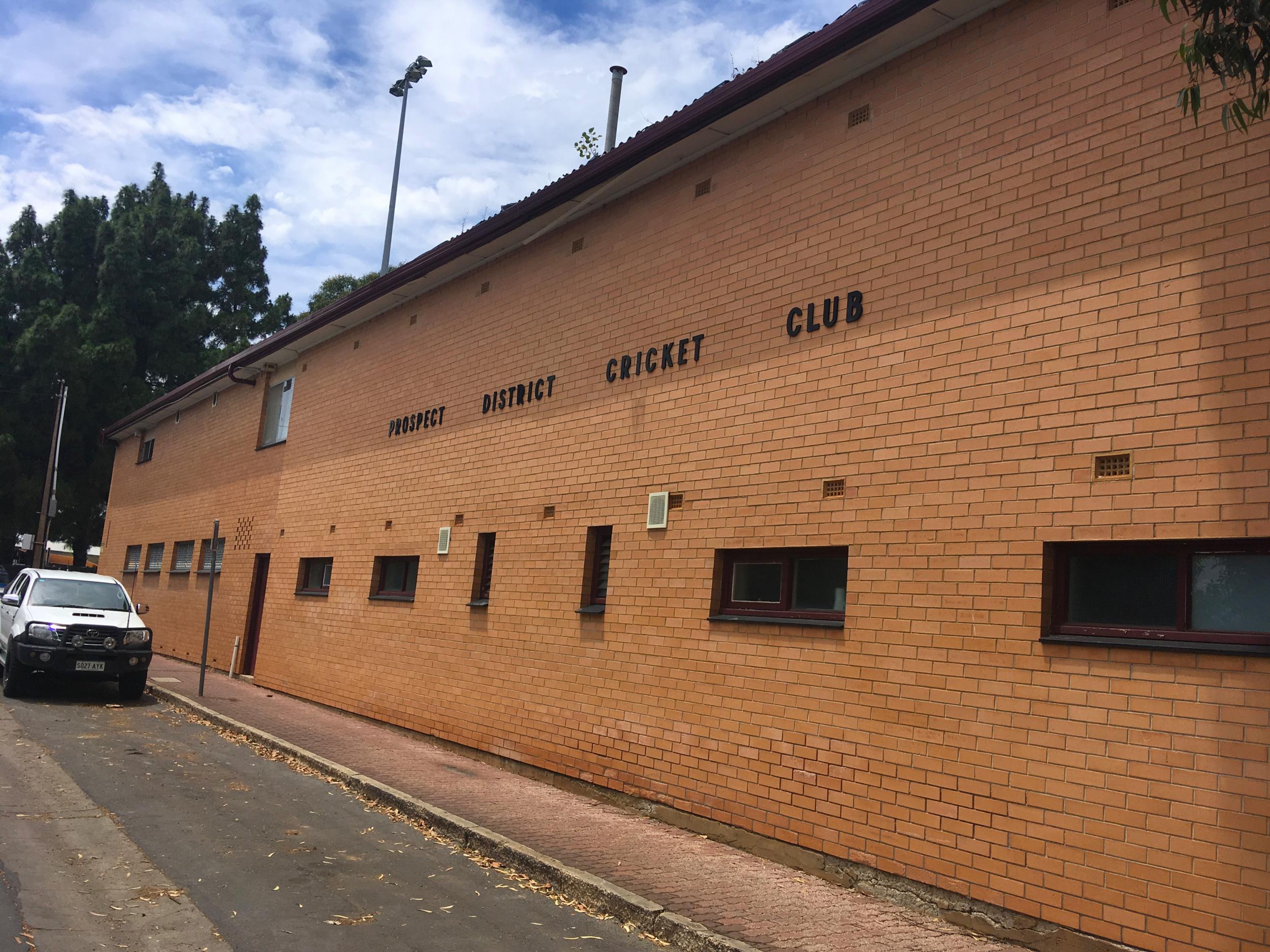
Conversely, Root had a favour of his own to ask. “He came with a diet sheet,” Tiffany remembers. “And he was so coy about it. Because back at 19, he was a little bit… heavier, chubbier than they wanted him to be. So I fed him good, high-quality food for an athlete. I actually have coeliac disease, so we eat really healthy. We have this joke that I serve broccoli with every meal.”
How did Root spend his time away from the cricket? “One thing he did was drawing,” Tiffany says. “He did lots of drawings. He’s amazing. He’s left us all these beautiful little drawings. There are lots of memories with the two girls. They’d have nights out, and afterwards I always used to go into the city and pick them up.
“One night I remember him sitting in bed with the girls, watching a movie, all of them eating ice cream. They’re the things I remember. He called them his sisters. And he was never inappropriate. Just a wonderful boy. He’s got the best manners, the best morals.”

The coaches at the academy, too, were beginning to warm to Root: his confidence and curiosity, his intelligence and endeavour, a maturity and problem-solving instinct that went well beyond his tender years. “He was like a 28-year-old,” Seigert says. “He was great at debriefing a session. He has a solid belief in himself, and he was a very happy person. A lot of people come out here and they’re grumpy, it’s hard, the world’s against them. He had this real joy about him.”
It was a quality Seigert and his colleagues were determined to test to destruction. The Lehmann academy is famous for its tough physical demands: long runs in the heat, yo-yo endurance tests until you drop. Garlanded county cricketers have come over and given up by Christmas, citing homesickness or family excuses. “We’ve had a couple of guys have meltdowns,” Seigert admits.
“I always say that if there’s not some point at which you don’t want to be here, we’re not doing our job. You’re not walking home to your mum and dad. You’re dealing with this stuff on your own. They’re long days. You’re not getting many hits. We have one competitive session a week, and if you get knocked over first ball, that’s it. Session done. You can’t hide.”

Here, under the hot Adelaide sun, was where Root learned the meaning of hard work. “He was very, very competitive,” Seigert says. “We had Scott Borthwick [now at Surrey] the same year, a great athlete. Scott would be at the front. And Joe would just be pushing himself to track him.
“We would create game situations in training. We lay cones out, and we’ll say, ‘the fielder’s in that zone, the gaps are here, here and here’. A lot of the lads struggle at that, because the thinking part of the game is an area they haven’t been exposed to a lot. They’ve had a lot of technical work, but not tactical. A lot of guys get found out.
“Joe was as good as I’ve seen. He’d be doing dabs, pushing and running. Here’s a guy who hasn’t got a big game, in terms of hitting the ball over the boundary. There’s been more talented cricketers out here than Joe. He had technical things he needed to work on: he fell over, for example. But rarely would he not find a way to succeed. And you’d rarely get him out.”
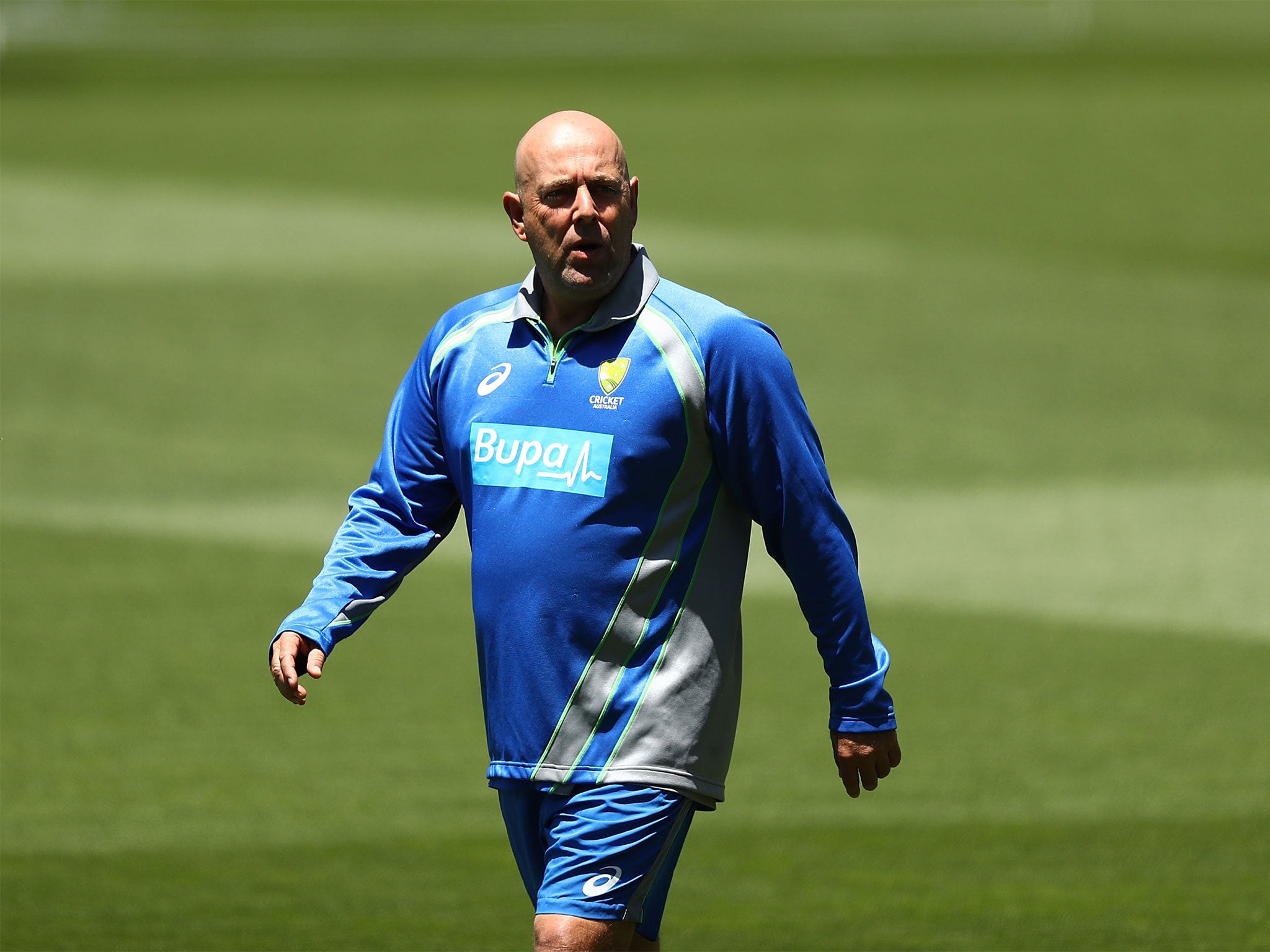
And after a rough day, or a low score, the Fishers would be there at home, ready to console him. “I’ve sat on Joe’s bed at 2am when he’s had a bad day at cricket, and talked over what went wrong,” Tiffany says. “So I’ve got a good understanding of how good and how disciplined he was. One of the things that helped him was the support he had. He actually wrote me a little letter the night before he went, on a little scrap of paper: ‘You’ve given me so much, I don’t know how can I ever thank you.’ I’ve always kept it.”
Root returned to England a fitter, leaner, hungrier player: more aware than ever of what he needed to do to reach the top. He credits his Adelaide winter with kick-starting his career. “On the back of it,” he says now, “I made my County Championship debut the following season. It set me up for the following summer, and was instrumental in my development.”
Seigert has followed Root’s career with interest over the years. “His game’s expanded,” he explains. “He didn’t have a lot of shots back then, he was a grafter. But he’s developed, and he’s a reasonably free-scoring batsman in all formats. He’s going to go down as one of the great players of the game.”
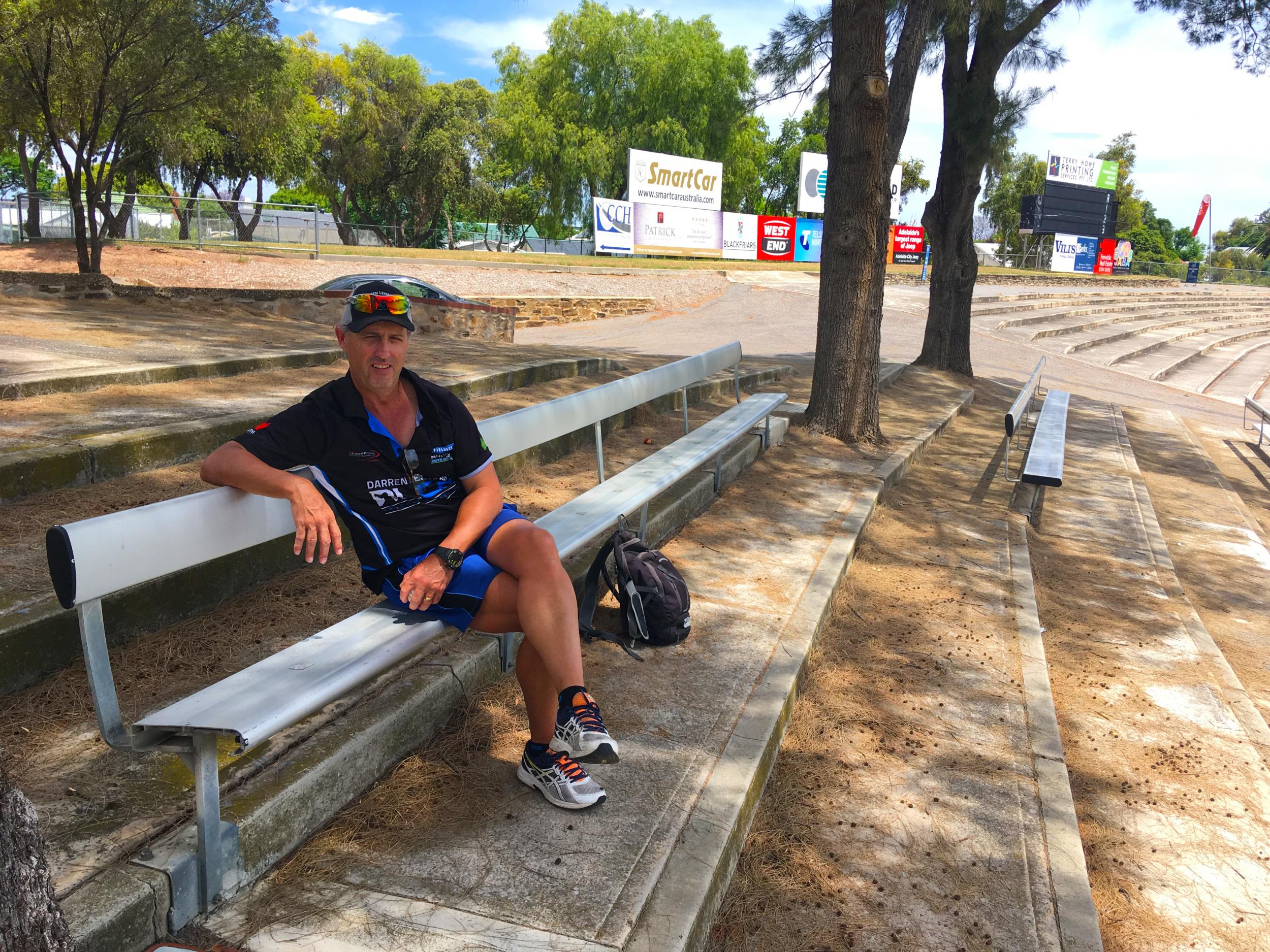
And through it all, through life changes and superstardom, despite living on opposite sides of the globe, Root and the Fishers have stayed in touch. The summer after Root’s visit, Jason - a talented young cricketer in his own right - went to England and stayed with the Roots. The two families still chat frequently on Facebook. Root sends through pictures of his baby son Alfie. When he returned to Adelaide for the 2013-14 Ashes tour, he even snuck out during a Test match to meet the Fishers for dinner.
“Joe’s never forgotten where he started,” Tiffany says. “Every time he comes to Adelaide, he comes to see us. He got in touch with all the boys at Prospect, and had drinks with them. We went out to dinner with him last week. I spoke to Joe about the lad who’s had trouble with the police. I said: ‘If you need him hidden in Adelaide, we can hide him. We’ll find him a spare bedroom. If he wants to sneak in and not have the media know… well, you’re the media, so I need to watch what I’m saying, don’t I?”
Sitting at the Adelaide Oval on Friday morning, just a few stops on the bus from the house and the club that took him in seven years ago, Root took a moment to reminisce on his journey from chubby teenage cherub to England’s Ashes captain. “It’s quite funny how things work out, isn’t it?” he said. “At 19 I was in Darren Lehmann’s academy, and now we’re in an Ashes series where he’s coach of the opposition side. For all the hard work people did at the academy, and the club, and all the experiences that I had from it, I’m extremely grateful.”
For her part, Tiffany will be at the Adelaide Oval on Saturday with her two nieces: Root’s ‘sisters’. She hopes to meet Alfie and Carrie, Root’s fiancee, and perhaps even Root as well. And she has a bombshell to drop.
“I hope England wins the Ashes,” she says. “I always like to see Australia do well, but I hope England win. I love the royals, and I hope he takes those Ashes home and gets to meet the Queen, and William and Kate, and their little children.
“Obviously, I’m not going to sit in the stands and say that. But he was my son for six months.”
Join our commenting forum
Join thought-provoking conversations, follow other Independent readers and see their replies
Comments
Bookmark popover
Removed from bookmarks